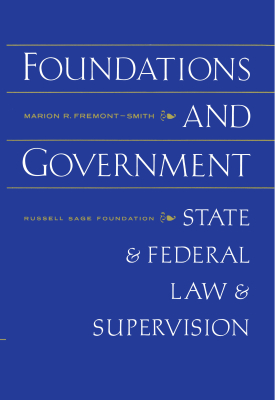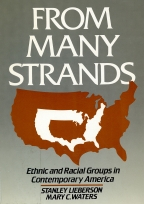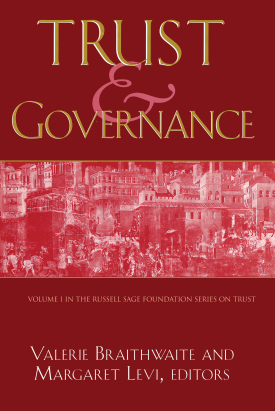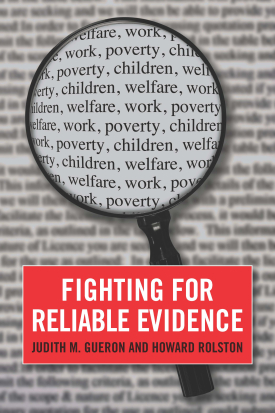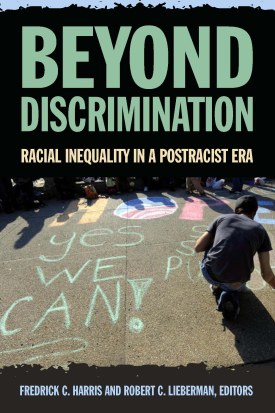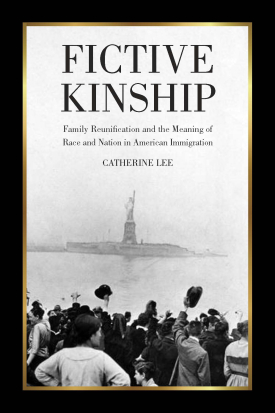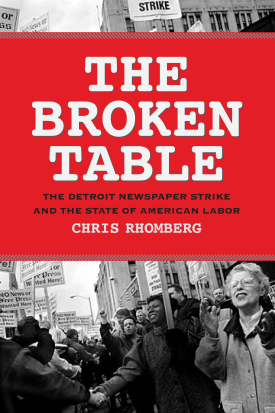Nearly a half century after the civil rights movement, racial inequality remains a defining feature of American life. Along a wide range of social and economic dimensions, African Americans consistently lag behind whites. This troubling divide has persisted even as many of the obvious barriers to equality, such as state-sanctioned segregation and overt racial hostility, have markedly declined. How then can we explain the stubborn persistence of racial inequality? In Beyond Discrimination: Racial Inequality in a Post-Racist Era, a diverse group of scholars provides a more precise understanding of when and how racial inequality can occur without its most common antecedents, prejudice and discrimination.
Beyond Discrimination focuses on the often hidden political, economic and historical mechanisms that now sustain the black-white divide in America. The first set of chapters examines the historical legacies that have shaped contemporary race relations. Desmond King reviews the civil rights movement to pinpoint why racial inequality became an especially salient issue in American politics. He argues that while the civil rights protests led the federal government to enforce certain political rights, such as the right to vote, addressing racial inequities in housing, education, and income never became a national priority. The volume then considers the impact of racial attitudes in American society and institutions. Phillip Goff outlines promising new collaborations between police departments and social scientists that will improve the measurement of racial bias in policing. The book finally focuses on the structural processes that perpetuate racial inequality. Devin Fergus discusses an obscure set of tax and insurance policies that, without being overtly racially drawn, penalizes residents of minority neighborhoods and imposes an economic handicap on poor blacks and Latinos. Naa Oyo Kwate shows how apparently neutral and apolitical market forces concentrate fast food and alcohol advertising in minority urban neighborhoods to the detriment of the health of the community.
As it addresses the most pressing arenas of racial inequality, from education and employment to criminal justice and health, Beyond Discrimination exposes the unequal consequences of the ordinary workings of American society. It offers promising pathways for future research on the growing complexity of race relations in the United States.
FREDRICK C. HARRIS is professor of political science and director of the Institute for Research in African-American Studies and of the Center on African-American Politics and Society at Columbia University.
ROBERT C. LIEBERMAN is professor of political science and provost at The Johns Hopkins University.
CONTRIBUTORS: Anthony S. Chen, Richard P. Eibach, Devin Fergus, Philip Atiba Goff, Rodney E. Hero, Desmond King, Naa Oyo A. Kwate, Morris E. Levy, Devah Pager, Valerie Purdie-Vaughns, Benjamin Radcliff, Lisa M. Stulberg, Dorian T. Warren, Vesla M. Weaver.

